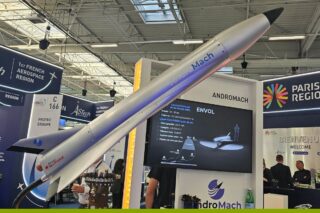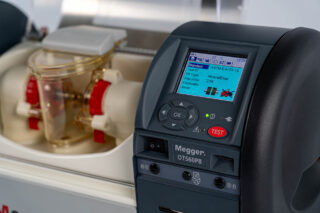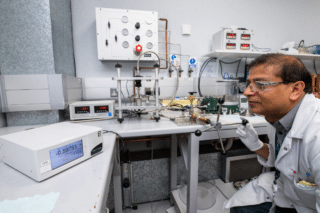UiPath, the robotic process automation (RPA) software company, has released the results of a study conducted by Forrester Consulting: The Future of Work: A Pandemic Spotlight. The study reveals that companies are increasingly using RPA and other intelligent automation technologies to address the new business pressures associated with the pandemic. The study also found that businesses still believe that a people-centric approach is essential to their successful digital transformation and is a healthy approach to the future of work.
The pandemic has brought unprecedented changes for both workers and businesses and is accelerating the shift to a new world of work. According to experts, automation will no longer be a choice, but a necessity. This is what we wrote a few weeks ago in our article: Will COVID-19 Lead to More Automation? This new study conducted by Forrester Consulting, on behalf of RPA company UiPath, gets to the same conclusion than us: Automation technologies are an invaluable asset in a post-pandemic world.
This new survey was conducted online by Forrester throughout May 2020 (at the height of the crisis) among 160 decision-makers in process automation in operational departments, finance and other industries in organizations in France, Germany, Japan, the UK and the US.
For Tom Clancy, Senior Vice President UiPath Learning,
“The pandemic has turned the world upside down, and the shock has greatly accelerated businesses’ march toward the future of work. Automation has emerged as an invaluable asset for organizations to embrace this changing way of work. The time to automate is now. Now more than ever, digital skillsets are necessary. To enhance retention and produce productivity, it’s employers’ responsibilities to offer digital training –specifically automation training – as part of career development initiatives.”
A Surge in Automation Investment
The survey, which was unveiled a few weeks ago, counted 48% of respondents who plan to increase RPA spending in the next year. The main uses cited are:
- to increase the agility, diversity and resilience of their supply chain (83%).
- to address cost pressures by automating back-office and operational tasks (80%)
- to support remote workforces (75%).
The Need for a People-centric Workforce
The study revealed that 57% of respondents say their workers are anxious in regard to their ability to succeed in their jobs due to automation. To be successful, organizations should therefore develop a post-pandemic employee-sensitive approach, says the study. Among the key recommendations for an improved employee-experience:
- Providing automation reskilling and upskilling opportunities: 60% of decision-makers agreed that providing workplace certifications for transferable digital and machine skills helps their employees cope with the potential effects of automation and prepares them for the future of work. 56% said their companies are working to equip their workforces with the right skills to keep up with the evolving nature of technology.
- Monitoring employees health and anxiety
The whole study can be found here.











